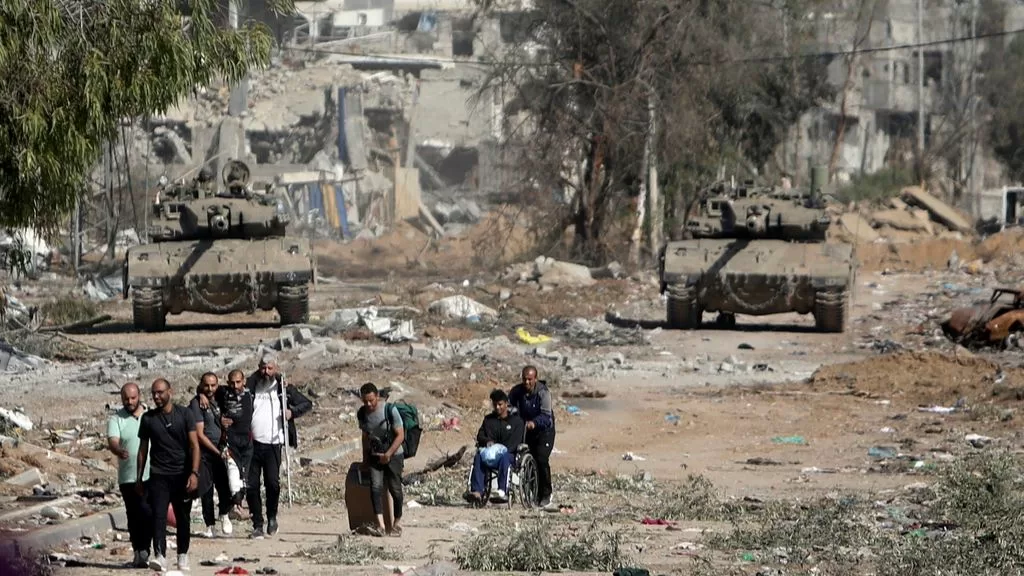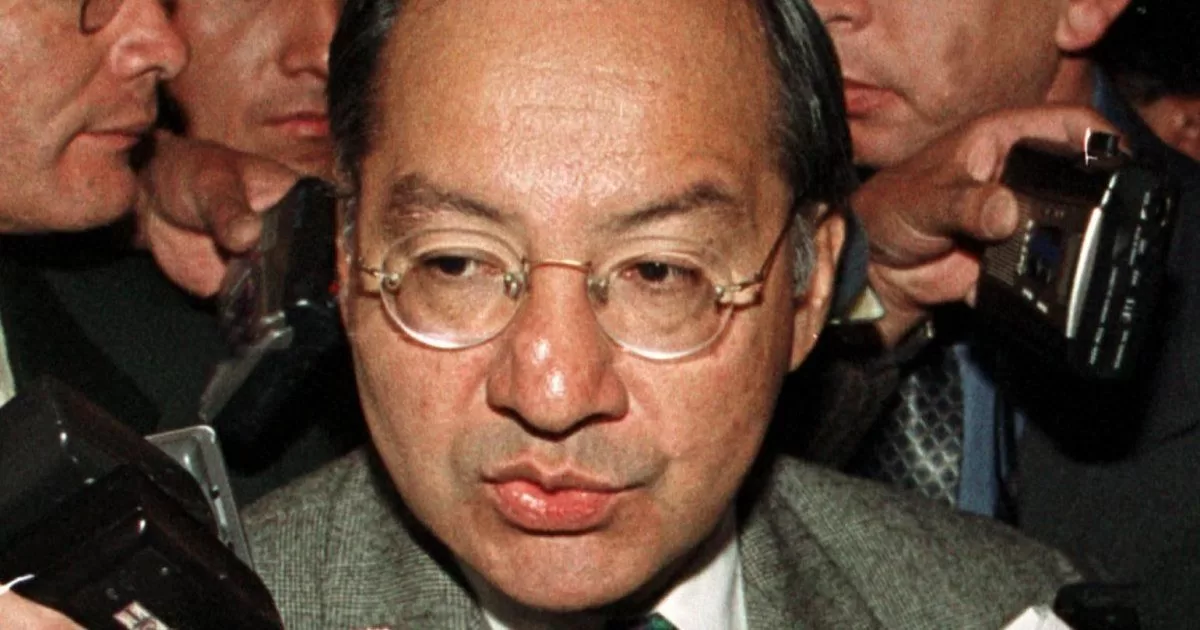Hamas on Friday freed 24 hostages who had been held captive in Gaza for weeks, including 13 Israelis, 10 people from Thailand and a Filipino national, according to Qatar and other officials, in the first stage of an exchange of Palestinian prisoners in Israel under an agreement four-day ceasefire agreement.
The hostages, women and children, were soon returned to Israel, where Israeli officials said they underwent medical examinations. Soldiers would accompany them to hospitals to reunite with their families.
Qatar was a key mediator in the hostages’ release. The International Committee of the Red Cross transported the hostages from Gaza to Egypt.
The agreement provided the first respite for Gaza’s beleaguered residents and paved the way for much-needed aid to arrive.
It was also a moment of hope for families in Israel and elsewhere worried about their loved ones taken captive during the Oct. 7 Hamas attack. that sparked the war.
There were no reports of clashes in the hours after the truce began. Gaza’s 2.3 million Palestinians were calm after seven weeks of relentless Israeli bombing, which has killed thousands of people, leveled vast swaths of territory and driven three-quarters of the population from their homes. Rocket fire by Gaza militants toward Israel also went silent.
The release of the first Israeli hostages would be followed in the evening by the release of 39 Palestinian prisoners: 24 women, including some convicted of attempted murder for attacks on Israeli forces, and 15 teenagers jailed for crimes such as stone-throwing.
The truce raised hopes of ending the conflict, which has fueled a surge in violence in the occupied West Bank and raised fears of a broader conflagration across the Middle East.
Israel, however, has said it is determined to resume its massive offensive once the ceasefire ends.
Before the liberation on Friday night, thousands of Israelis gathered in what has been dubbed “Hostage Square” in Tel Aviv, singing songs to welcome the Jewish Sabbath.
“My emotions are mixed,” Shelli Shem Tov, the mother of 21-year-old Omer Shem Tov, told Israel’s Channel 12 in the square. “I’m excited for the families who are going to hug their loved ones, I’m jealous and sad, especially sad that Omer isn’t coming home yet.”
Thai Prime Minister Srettha Thavisin confirmed the release of 12 Thai citizens in a tweet.
Images from the Egyptian Rafah crossing showed a line of ambulances leaving Gaza.
The International Committee of the Red Cross confirmed that it had handed over a total of 24 hostages to the Egyptians. But he declined to provide details about their nationalities or explain the discrepancy in figures.
STOP THE FIRE
Palestinians say a longer ceasefire is needed to recover from the humanitarian catastrophe in Gaza. But the cessation of fighting on Friday gave the uprooted population a moment to catch their breath after weeks of fleeing shelling in the small coastal enclave and trying to find increasingly scarce food, water and other basic supplies.
After the truce began Friday morning, a greater flow of aid promised under the agreement began. Four trucks with fuel and four trucks with cooking gas entered from Egypt, as well as 200 trucks with relief supplies, Israel said.
Since the war began, Israel has banned all imports to Gaza except for a few supplies from Egypt.
His ban on fuel, which he said could be diverted to Hamas, caused a territory-wide blackout. Hospitals, water systems, bakeries and shelters have struggled to keep generators running. Amid food shortages, U.N. officials had warned in recent weeks of the possibility of famine.
During the truce, Israel agreed to allow the delivery of 130,000 liters (34,340 gallons) of fuel per day, which remains only a small portion of Gaza’s estimated daily needs of more than 1 million liters.
Most of Gaza’s 2.3 million people are crowded into the southern part of the territory, and more than a million live in UN schools converted into shelters.
For those originally from the south, the calm provided the opportunity to visit the homes they had fled and recover some belongings.
The hundreds of thousands of people who were evacuated from northern Gaza to the south were warned not to return by Israel. Northern Gaza has been the focus of Israel’s ground attack.
The Israeli offensive has killed more than 13,300 Palestinians, according to the Gaza Health Ministry. Women and children consistently represent around two-thirds of the deaths, although the latest figure is not broken down. The figure does not include updated figures from northern hospitals, where communications have been disrupted.
The ministry says some 6,000 people have been reported missing and are feared buried under the rubble.
The ministry does not differentiate between civilians and militants in its death tolls.
Israel says it has killed thousands of Hamas fighters, without presenting evidence for its count.





